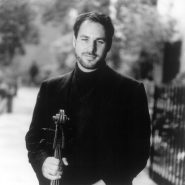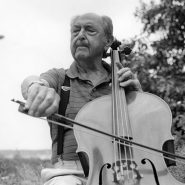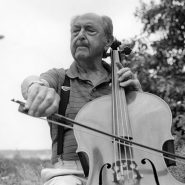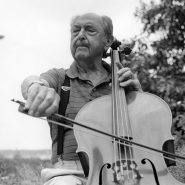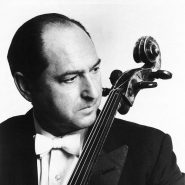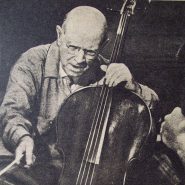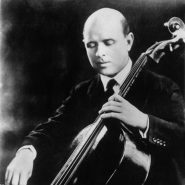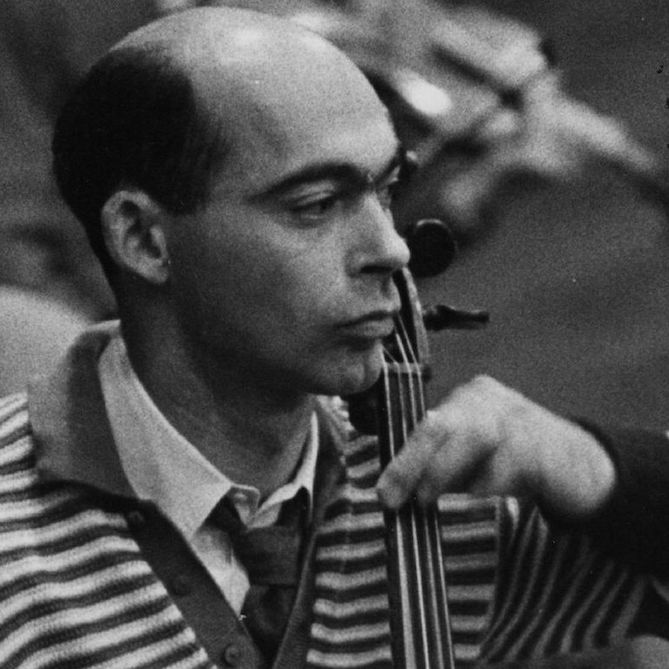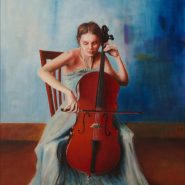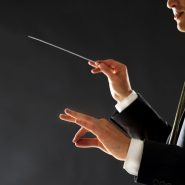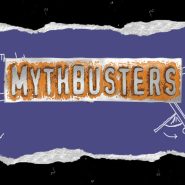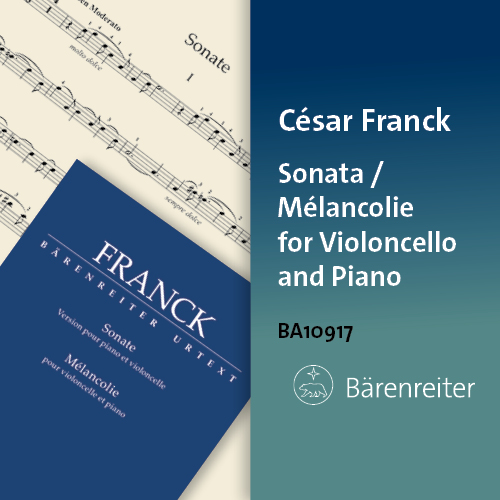Tag: expression
By Tim Janof August 5, 2019
Subjects Interviews

By Blogmaster September 10, 2013
Subjects Artists
Tags artist, Bloomington, cellist, cello, cellobello, confidence, elegance, expression, Gwen, Hungarian Cellist, Indiana, Indiana University, Janos, Janos Starker Memorial, legacy, legend, Memorial, Musical Arts Center, musician, performer, Preucil, Remembering Janos Starker, soloist, Starker, survivor, teacher, virtuoso
By Blogmaster August 1, 2013
By Selma Gokcen March 4, 2013
Subjects Playing Healthy
By Aliza Stewart May 18, 2012
By Mickey Katz April 26, 2012
Subjects Artistic Vision, Orchestra
By Selma Gokcen April 23, 2012
Subjects Playing Healthy
Tags Alexander Technique, anxiety, body, Casals, cello, cellobello, expression, Gokcen, movement, music, musicians, power, quietness, Selma, Spine
By Selma Gokcen March 13, 2012
Subjects Playing Healthy
By Brant Taylor November 16, 2011
